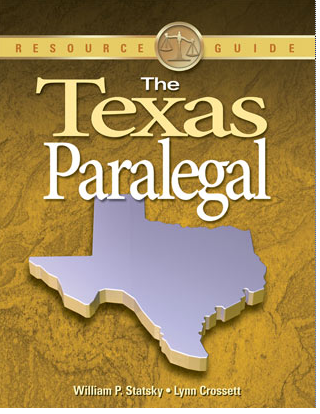Some cases suggest that a document filed in court by a non-attorney purportedly on behalf of a corporation is void. But, even though a non-attorney cannot represent a corporation, the Supreme Court of Texas has held that a non-attorney can perfect appeal on behalf of a corporation. A document filed in court by a non-attorney purportedly on behalf of a corporation is defective but not void, and may be effective for certain purposes, such as avoiding a default judgment and perfecting appeal.
Even though a non-attorney's filing of a motion for new trial may be effective to extend the appellate deadlines, allowing a non-attorney to preserve appellate error by obtaining a ruling on such a motion would fail to impose any adverse consequences on the corporation for its attempt to have a non-attorney represent it in court. In this case, the Restaurant responded in opposition to the motion for new trial, noted that Butt was a non-attorney who could not represent Rabb, and argued that the motion should be denied on this basis. The parties have not cited and research has not revealed any case addressing whether it is within the discretion of a trial court to deny a motion for new trial because it was filed by a non-attorney purportedly on behalf of a corporation. We conclude that the trial court has this discretion. To conclude otherwise would reward the corporation and the non-attorney for the unauthorized practice of law. See Tex. Gov't Code Ann. § 81.051(a) (West 2005) (“The state bar is composed of those persons licensed to practice law in the state”); Tex. Gov't Code Ann. § 81.101(a) (West 2005) (defining “practice of law” as, among other actions, “preparation of a pleading or other document incident to an action ... on behalf of a client before a judge in a court”); Tex. Gov't Code Ann. § 81.102(a) (West 2005) (stating that, with exceptions not applicable in the case under review, “a person may not practice law in this state unless the person is a member of the state bar”); Unauthorized Practice of Law Comm. v. Am. Home Assurance Co., 261 S.W.3d 24, 33 (Tex.2008) (“Those rules permit only individuals meeting specified qualifications to practice law. Entities ... are excluded”).
Rabb Intern., Inc. v. SHL Thai Food Service, LLC 2011 WL 2898975, 2 (Tex.App.-Hous. (14 Dist. (Tex.App.-Houston [14 Dist.],2011).
www.statsky.blogspot.com

No comments:
Post a Comment